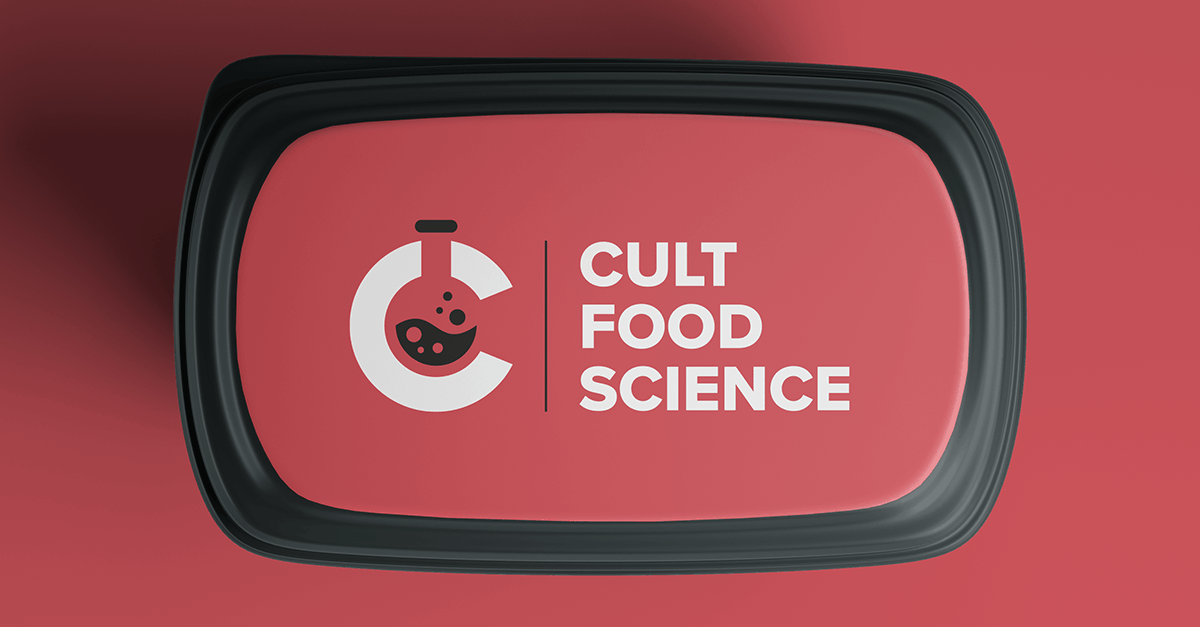Cultivated meat, also known as lab-grown or cell-based meat, is a groundbreaking development in food technology that has sparked significant debate, particularly within the vegan community. This innovative approach to meat production offers promising solutions to issues such as animal cruelty, environmental degradation, and public health concerns. However, it also challenges the fundamental principles of veganism, igniting a complex conversation about ethics, sustainability, and societal values.
What Is Cultivated Meat?
The Science Behind Cultivated Meat
Cultivated meat is created by harvesting animal cells and growing them in a controlled environment, where they develop into muscle tissue similar to that found in traditional meat. This process eliminates the need to raise and slaughter animals for food. Instead, it relies on advanced biotechnological methods to replicate the texture, taste, and nutritional profile of conventional meat.
Proponents of cultivated meat emphasize its potential to revolutionize food systems. By using fewer resources, such as land and water, and significantly reducing greenhouse gas emissions, it offers a sustainable alternative to traditional meat production. Additionally, the ability to produce meat without killing animals aligns with efforts to address ethical concerns in food production.
Despite these advantages, the production process still involves initial cell extraction from animals. This foundational requirement raises questions about whether cultivated meat can ever be entirely free from animal involvement—a critical consideration for vegans.

Cultivated Meat’s Environmental Benefits
One of the most compelling arguments for cultivated meat is its potential to mitigate the environmental impact of animal agriculture. Livestock farming is a leading contributor to deforestation, water pollution, and climate change, accounting for approximately 14.5% of global greenhouse gas emissions.
Cultivated meat production has the potential to drastically reduce these environmental burdens. Studies suggest that it could generate up to 96% fewer greenhouse gas emissions, use 99% less land, and consume 45% less energy compared to conventional meat production.
These benefits position cultivated meat as a critical component of sustainable food systems. However, some critics argue that the environmental costs of scaling up production, such as energy-intensive bioreactors and resource inputs, still need to be addressed.
The Ethical Dilemma
While cultivated meat reduces the need for large-scale animal farming, it does not entirely eliminate animal use. The process requires the extraction of cells from living animals, often using methods like biopsies. Although these procedures are less invasive than traditional farming practices, they still raise ethical concerns for vegans who oppose any form of animal exploitation.
For those who follow veganism as a philosophy grounded in anti-speciesism—the rejection of human superiority over other animals—this reliance on animals remains problematic. The Vegan Society, a leading advocate for vegan ethics, has maintained that cultivated meat cannot be considered vegan as long as it involves animal-derived inputs.
The Vegan Society’s Position
Veganism and Anti-Speciesism
The Vegan Society defines veganism as “a way of living which seeks to exclude, as far as possible and practicable, all forms of exploitation of, and cruelty to, animals.” This definition underpins the organization’s opposition to cultivated meat.
Anti-speciesism, a core tenet of veganism, challenges the idea that humans have the right to exploit animals for any purpose. While cultivated meat minimizes harm, it does not completely eradicate animal use, thereby conflicting with this principle. For many vegans, true progress lies in developing entirely plant-based or synthetic alternatives that do not involve animals at any stage of production.

Ethical Concerns in Cultivated Meat Production
The Vegan Society has also raised concerns about the broader implications of cultivated meat production. For example, the fate of the animals used to source cells remains uncertain. Will these animals live free from harm, or will they face exploitation in other ways, such as for dairy or breeding purposes?
Additionally, the involvement of major meat companies in the development of cultivated meat poses ethical dilemmas. Critics argue that these corporations, which profit from traditional animal agriculture, may use cultivated meat as a greenwashing tactic to distract from their continued exploitation of animals in other industries.
Advocating for Animal-Free Solutions
The Vegan Society advocates for a future where food production is entirely free from animal use. This vision includes the development of plant-based, fermented, or fully synthetic alternatives that offer the same taste, texture, and nutritional value as conventional meat.
By focusing on these solutions, the vegan movement aims to promote food systems that align with the principles of compassion and sustainability. Cultivated meat, while a step in the right direction, does not fully meet these criteria and thus remains a contentious topic within the vegan community.
Bridging the Divide: Perspectives on Cultivated Meat
A Step Toward Reducing Animal Suffering
Some vegans view cultivated meat as a pragmatic solution to reduce animal suffering and transition society away from traditional meat consumption. They argue that widespread adoption of cultivated meat could drastically lower the number of animals subjected to factory farming, which causes immense pain and suffering.
This perspective emphasizes harm reduction over perfection, suggesting that cultured meat could serve as a stepping stone toward a more ethical food system. By reducing demand for conventional meat, cultivated meat has the potential to shift societal norms and pave the way for broader acceptance of animal-free alternatives.
Concerns About Normalizing Meat Consumption
Other vegans worry that cultivated meat may inadvertently normalize meat consumption, perpetuating the idea that meat is an essential part of the human diet. This could undermine efforts to promote plant-based eating, which many consider a more sustainable and ethical solution.
Additionally, the high cost and energy demands of cultured meat production raise questions about its scalability and accessibility. Critics argue that focusing resources on improving and expanding plant-based options may yield greater benefits in the long term.
The Importance of Open Dialogue
As cultivated meat technology continues to advance, it is crucial for the vegan community to engage in open and constructive dialogue about its implications. While the debate may reveal differences in perspective, it also offers an opportunity to explore common goals, such as reducing animal suffering and promoting sustainability.
Organizations, researchers, and consumers must work together to evaluate the ethical, environmental, and societal impacts of cultured meat. By fostering collaboration, the vegan movement can help shape the future of food in a way that aligns with its values.

Conclusion
The debate over cultivated meat and its place within veganism is both complex and thought-provoking. While it offers promising solutions to some of the most pressing challenges in food production, it also raises critical ethical questions about animal use and exploitation.
The Vegan Society’s stance reflects a commitment to the principles of anti-speciesism and a vision for a truly animal-free food system. As the conversation around cultured meat evolves, it will be essential to balance innovation with ethical considerations, ensuring that progress does not come at the expense of core values.
Cultivated meat represents a turning point in the global food industry. Whether it becomes a part of the vegan movement or remains a separate pathway toward sustainability, one thing is clear: the future of food will be shaped by thoughtful debate and a shared commitment to creating a better world for all beings.









